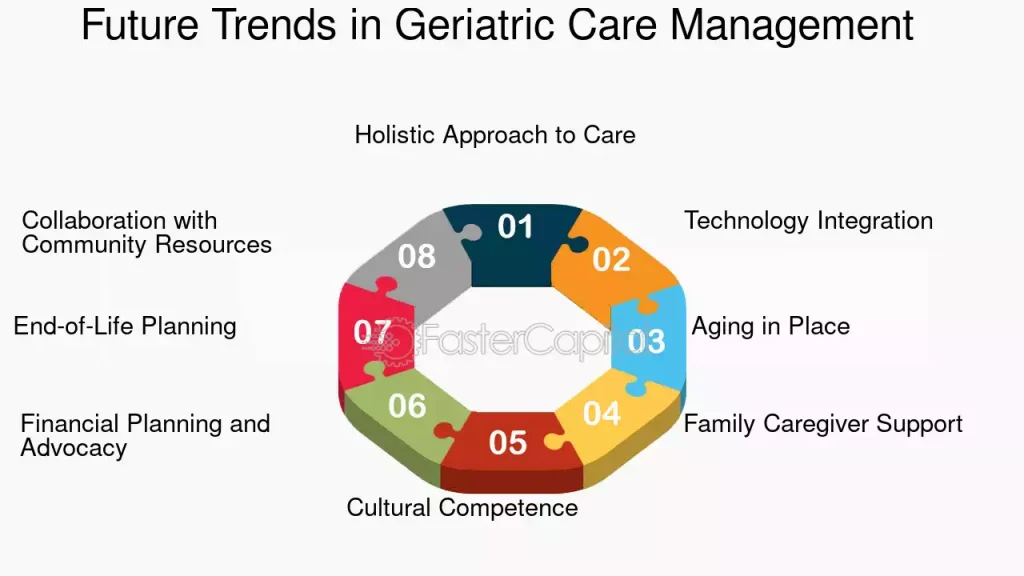The Future of Geriatric Care: Innovations and Challenges
As the global population continues to age, the demand for geriatric care is growing rapidly. With advancements in medicine and healthcare, older adults are living longer, and the need for specialized care is becoming more important than ever. In this article, we will explore the future of geriatric care, the innovations on the horizon, and the challenges the healthcare system faces in meeting the needs of the aging population.
Technological Innovations in Geriatrics
One of the most significant advancements in geriatric care is the integration of technology. Telemedicine, wearable devices, and artificial intelligence (AI) are revolutionizing the way healthcare is delivered to older adults. Telemedicine allows elderly patients to consult with healthcare providers remotely, reducing the need for travel and making healthcare more accessible. This is especially beneficial for those who have mobility issues or live in rural areas.
Wearable devices, such as fitness trackers and smartwatches, can monitor vital signs, track physical activity, and even detect falls. These devices provide valuable data that healthcare providers can use to make informed decisions about patient care. Additionally, AI has the potential to improve diagnostics, predict health outcomes, and assist in medication management for older adults.

Home-Based Healthcare
As more people prefer to age in place rather than move to nursing homes or assisted living facilities, home-based healthcare is becoming a crucial aspect of geriatrics. With advancements in medical technology, it is now possible to provide high-quality care in the comfort of one’s own home. Home health aides, telehealth consultations, and at-home diagnostic tools are making it easier for elderly individuals to receive the care they need without leaving their homes.
Home-based healthcare not only enhances the quality of life for older adults but also reduces the financial burden on families and healthcare systems. The trend toward home care is expected to grow in the coming years, and it will likely lead to new models of care delivery that prioritize patient convenience and independence.
Challenges in Geriatrics
Despite the promising advancements in geriatric care, there are several challenges that must be addressed. One of the most significant challenges is the shortage of healthcare professionals specializing in geriatrics. As the demand for geriatric care increases, there is a growing need for more geriatricians, nurses, and other healthcare providers trained in the specific needs of older adults. Unfortunately, many medical schools offer limited training in geriatrics, which leads to a shortage of professionals in this field.
Another challenge is the financial strain that aging populations place on healthcare systems. With an increasing number of elderly individuals requiring medical care, the cost of healthcare for older adults is skyrocketing. This puts pressure on both public and private healthcare systems, which will need to find ways to provide affordable care to the growing elderly population.
Conclusion
The future of geriatric care is bright, with innovations in technology and home-based healthcare improving the quality of life for older adults. However, significant challenges remain, such as the shortage of healthcare professionals and the financial strain on healthcare systems. To ensure that older adults receive the care they deserve, it will be crucial for healthcare systems, policymakers, and the medical community to address these challenges and continue to innovate in the field of geriatrics.